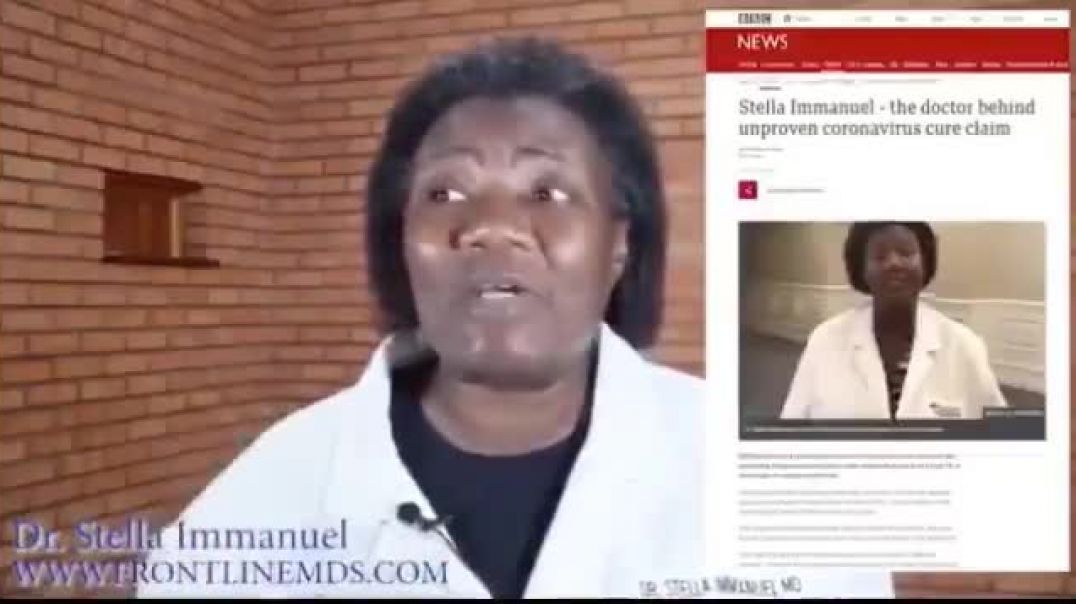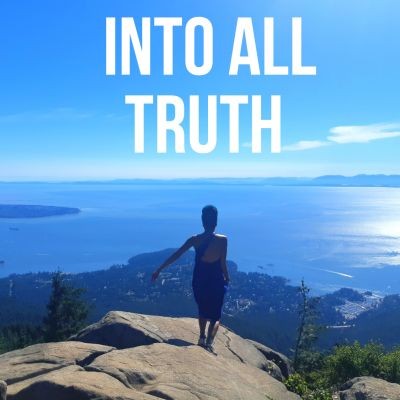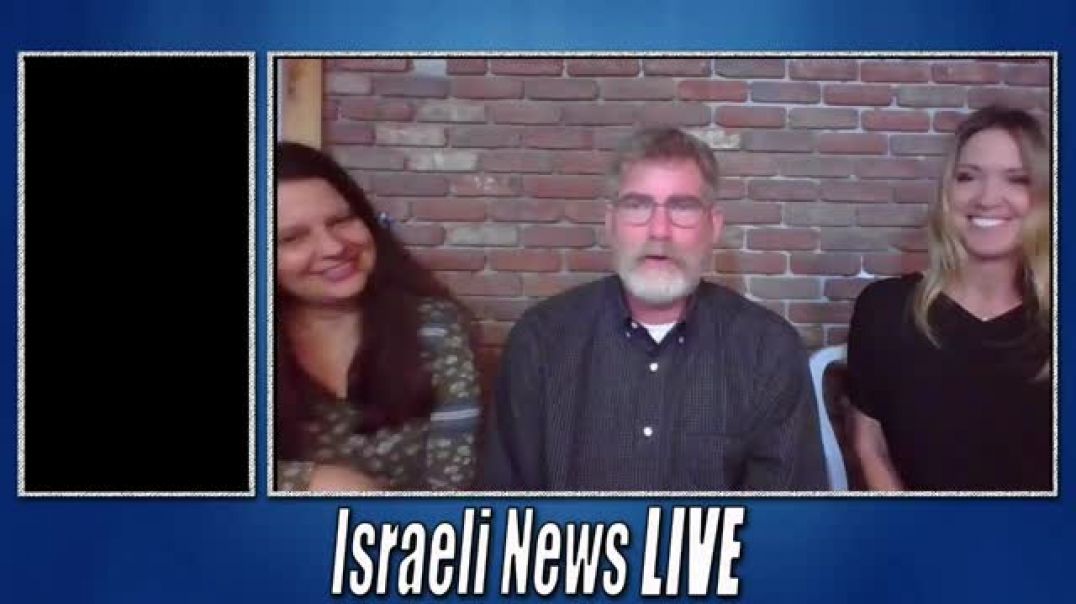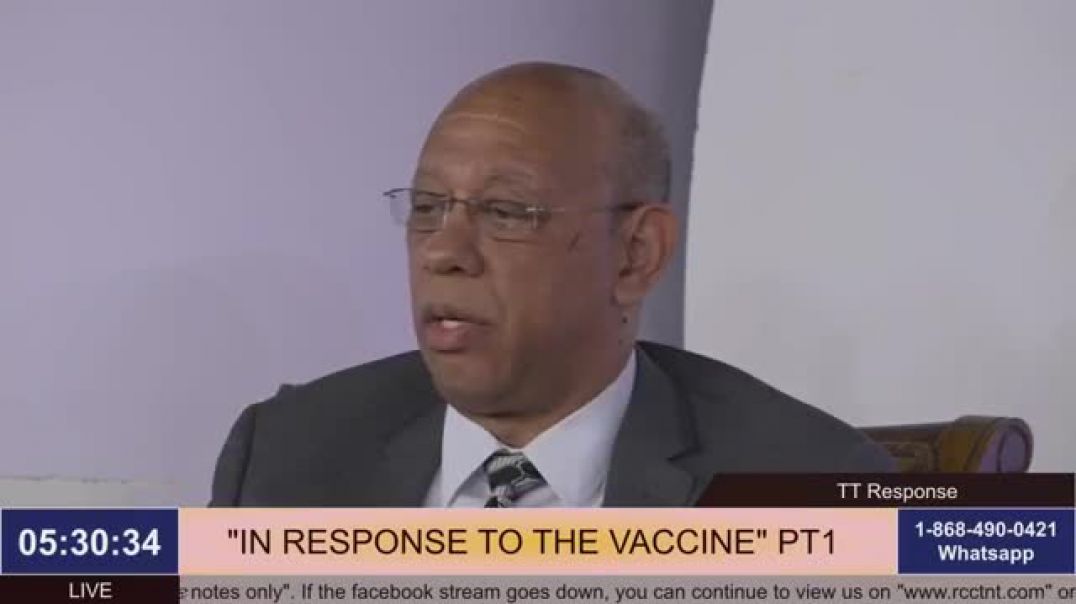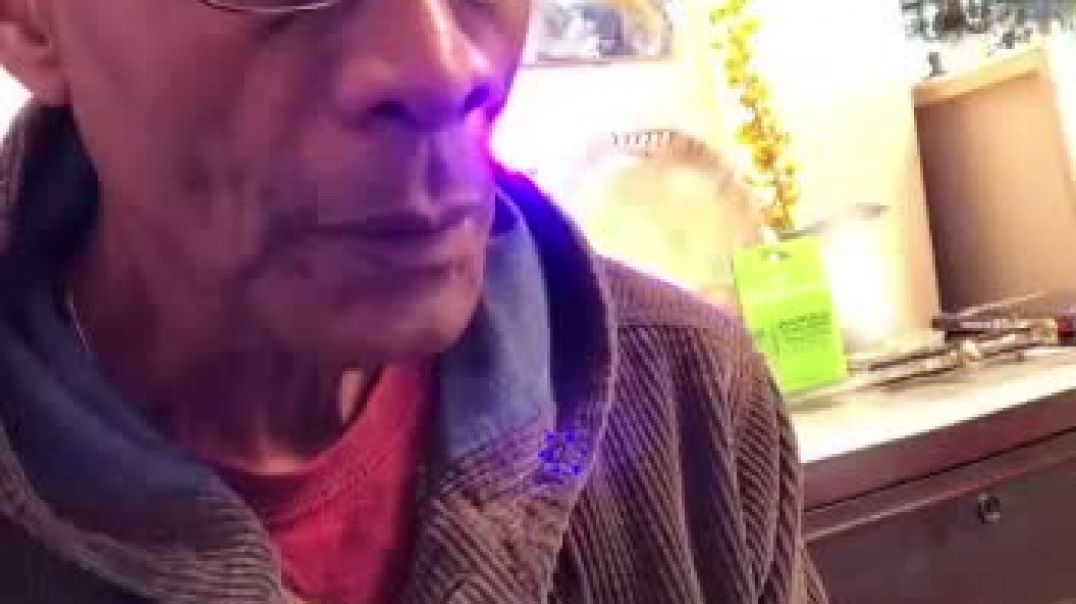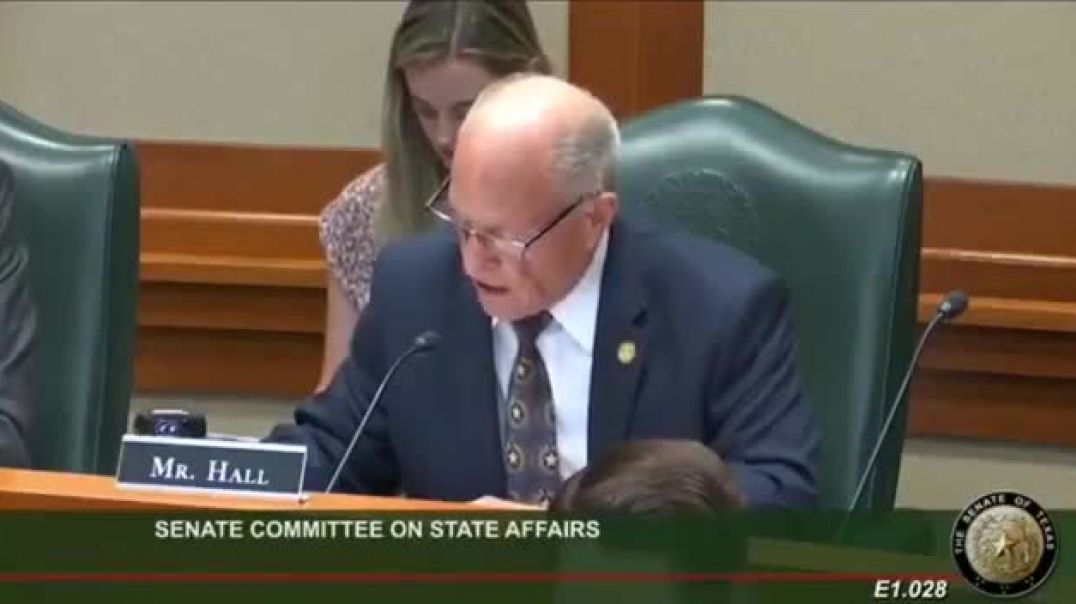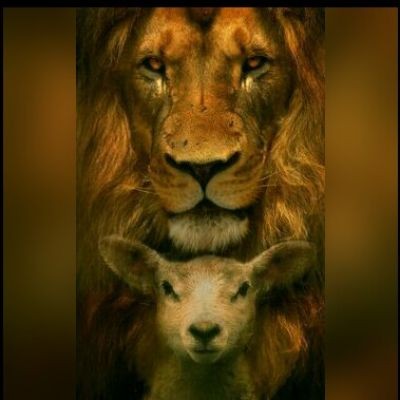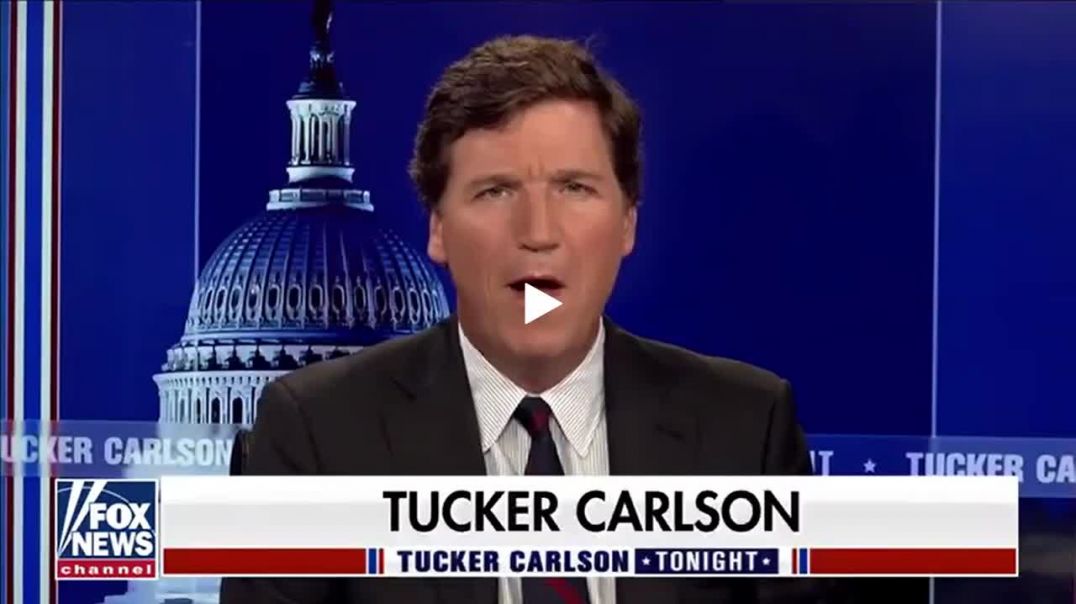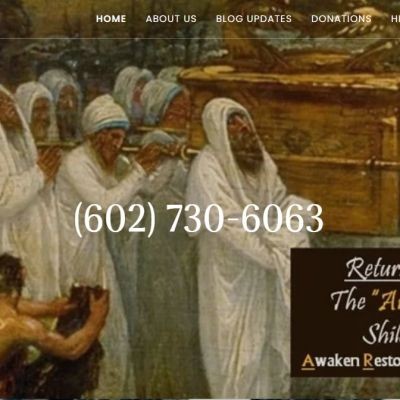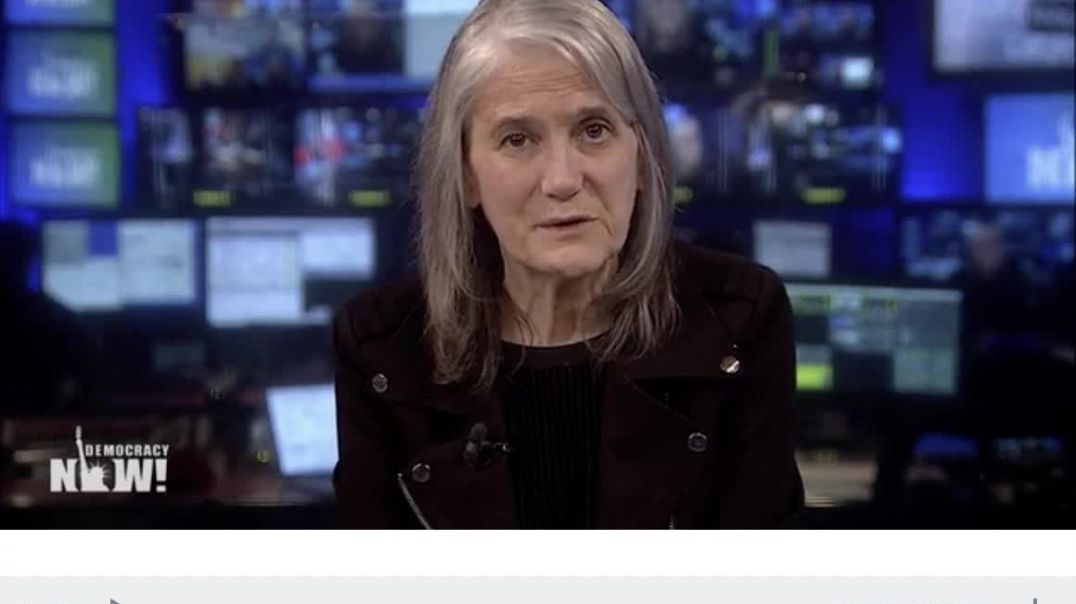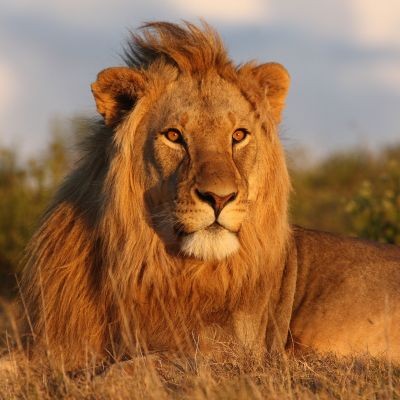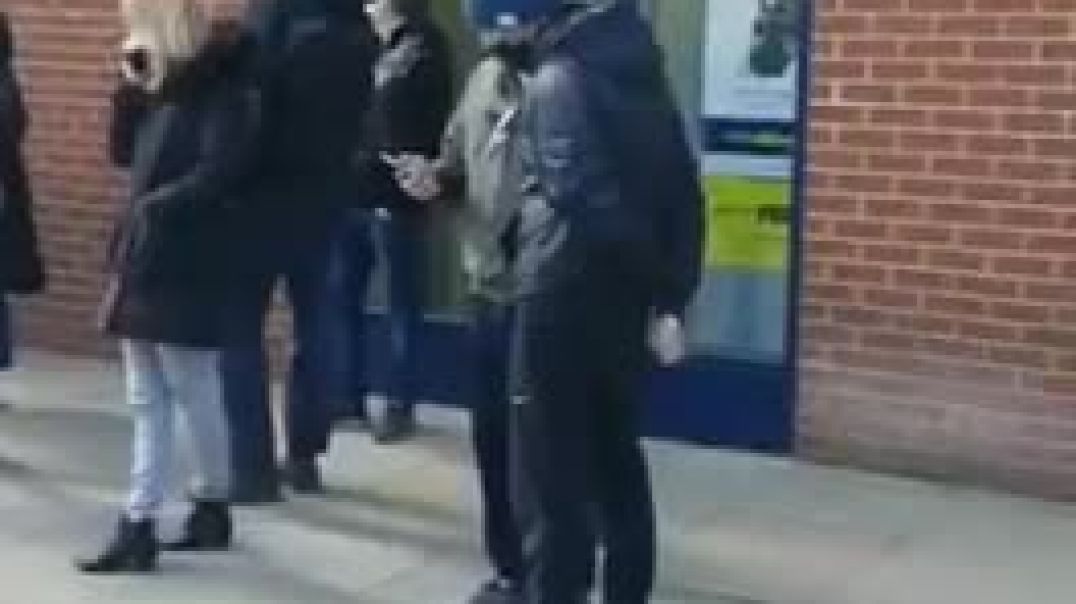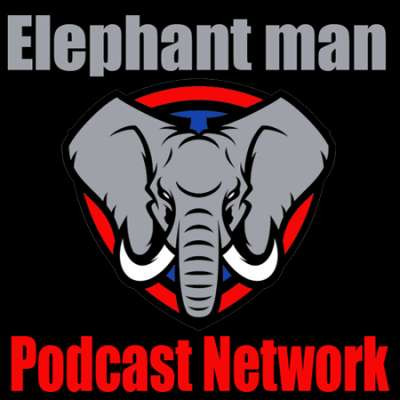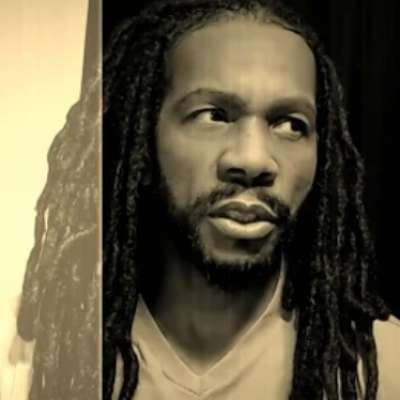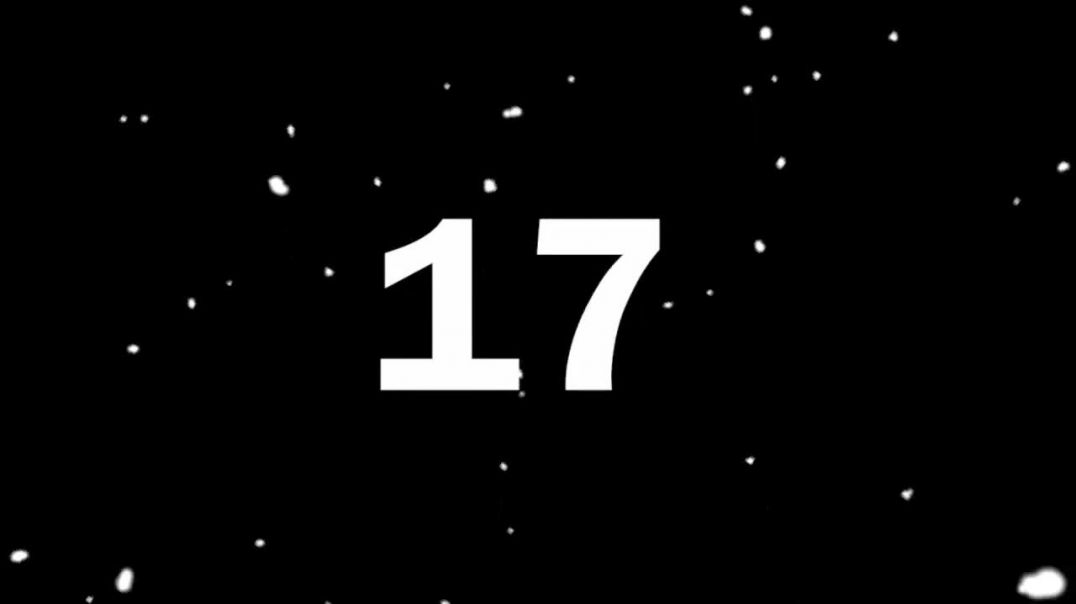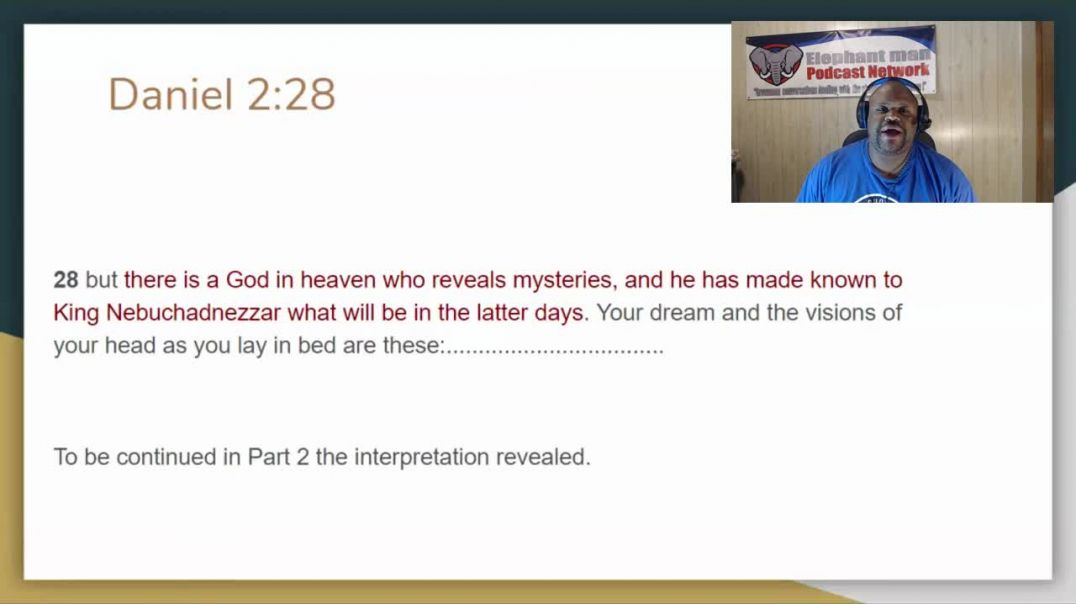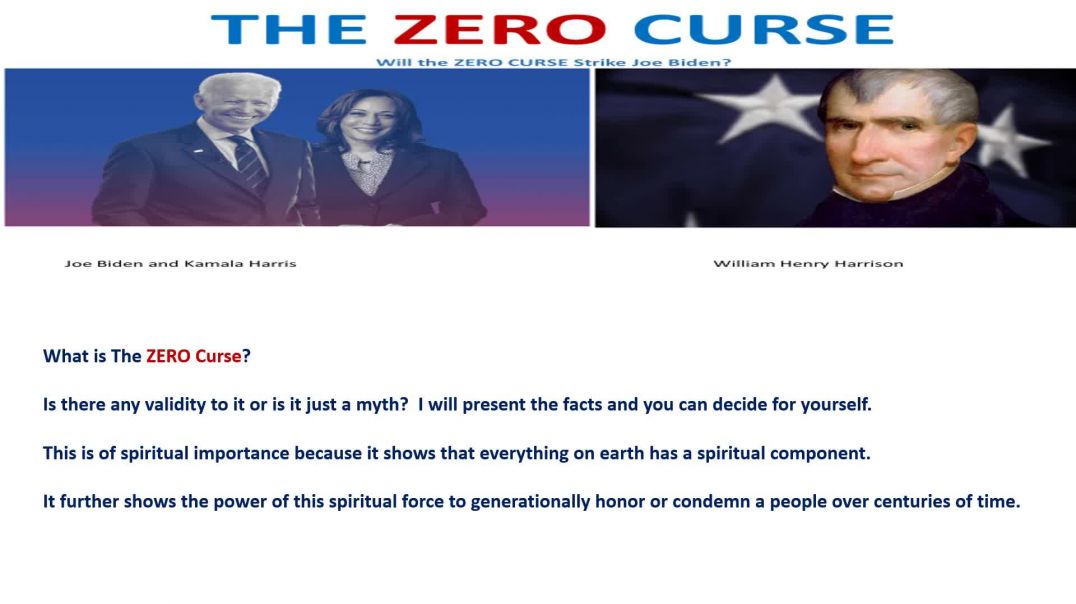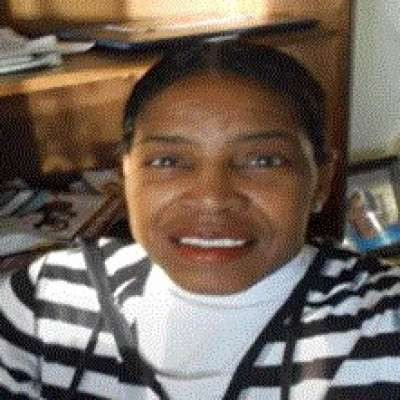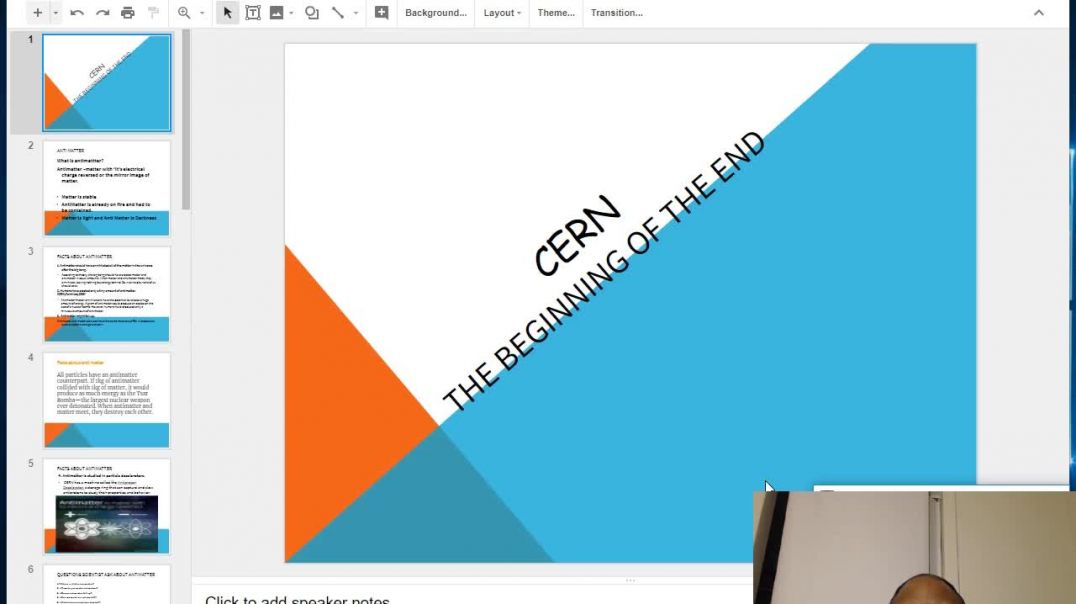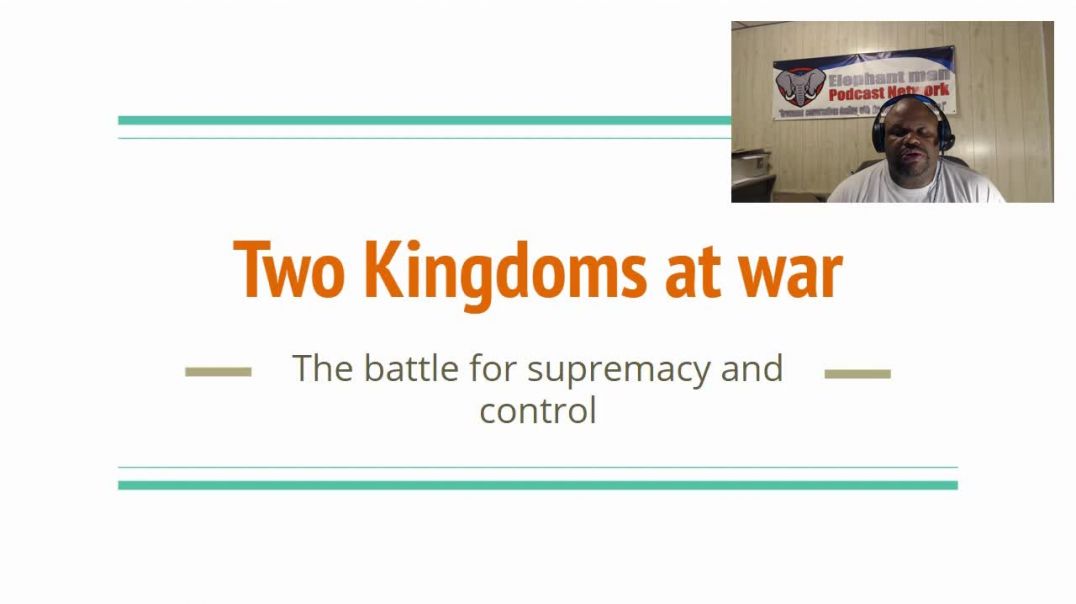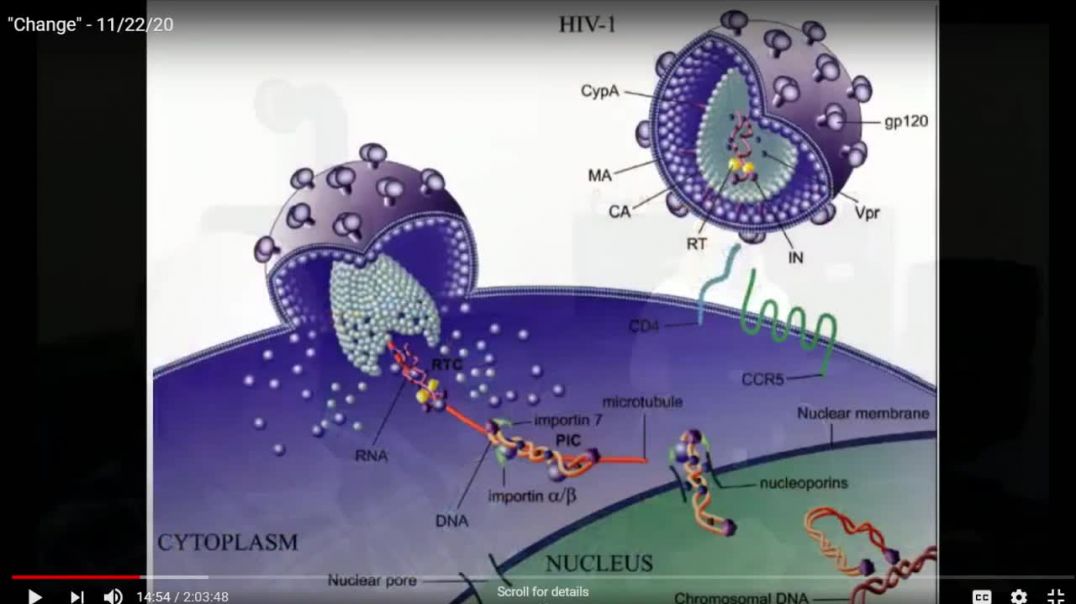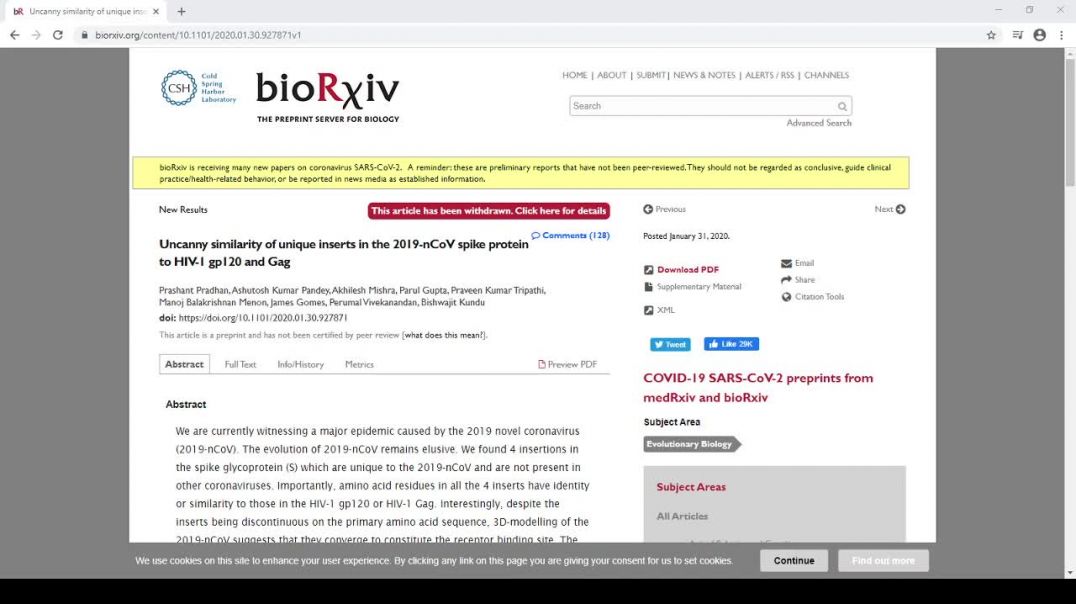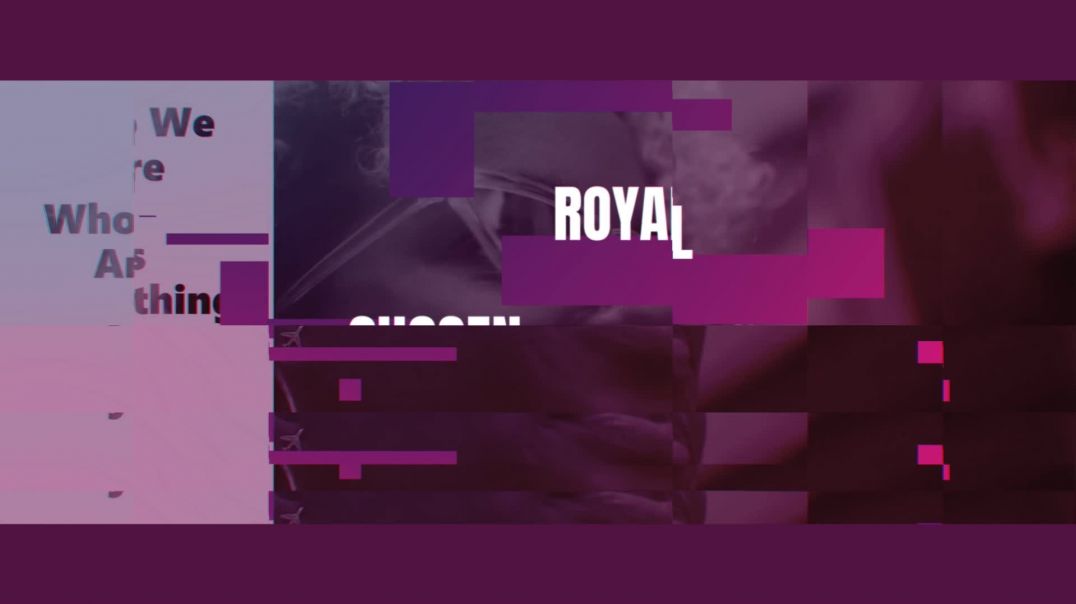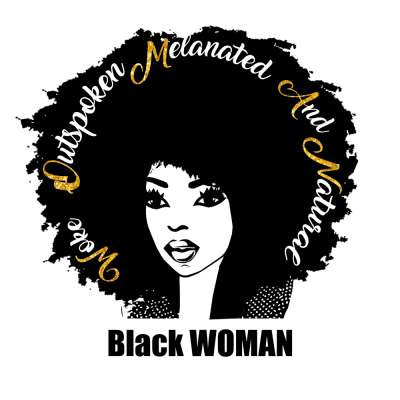News & Politics

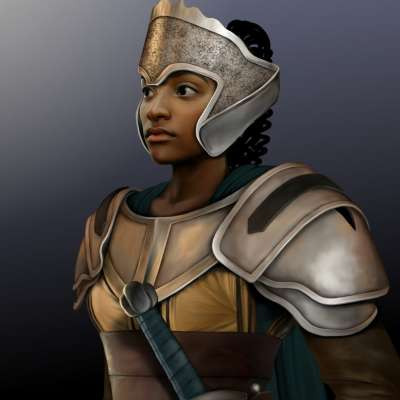
-As the author of confusion rolls out tricknology, medi-kill martial law, and head spinning poli-tricks, the great transition unfolds on earth. Let's talk about it.
JOIN US LIVE! Monday 5pm West Coast
PLEASE SUPPORT INDEPENDENT CONTENT CREATORS!
Website: https://www.dayzofnoah.com/
Patreon: https://www.patreon.com/dayzofnoahchannel
Donate: https://paypal.me/DayzON34
LBRY Channel: https://lbry.tv/@dayzofnoah:8
Bitchute: https://www.****ute.com/channel/GWnFtD83ioOf/
Backup Youtube Channel: https://www.youtube.com/channe....l/UCHIDyq2xh7Nl_w4Sp
MERCH: https://shop.spreadshirt.com/dayz-of-noah/
Unplugem Channel : https://www.youtube.com/user/unplugem
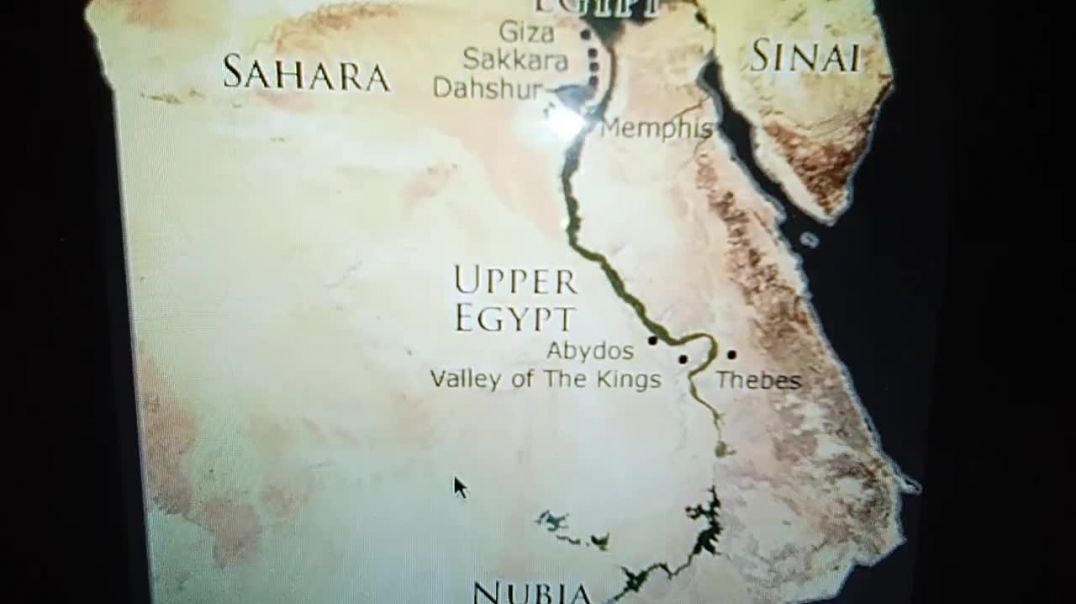
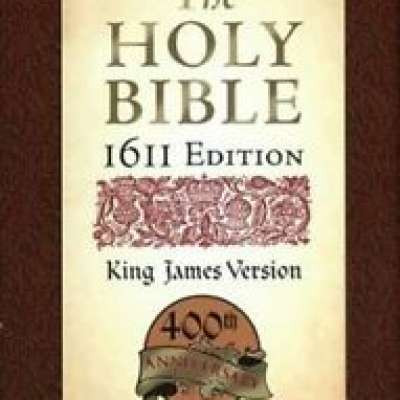
Damascus ruinous heap. Tyre Tyrus stone. Egypt Nile dry up. 2000 year yet Jesus no return. Explained Bible Prophesy fulfilled, fulfilling and explained in each generation until the allotted time is completed
Damascus is ruins and captivity many times , Al Queda 2024
https://www.kingjamesbibleonli....ne.org/1611_2-Kings-
1516 AD Damascus by the Turks captured https://en.m.wikipedia.org/wik....i/Capture_of_Damascu
2024-25 Turkiyye back in Syria, Ashkenaz, bombings continue
US President Donald Trump, meets Al Quedia , who captured Damascus, invites Syria to join Abraham Accords
See Psalm 83, Galatians 3 and 4, Lamentations 4 and 5
Syrian refugees scattered
https://www.dailymail.co.uk/ne....ws/article-3371675/B
Hagarenes , Agarens, Ishmaelites, Edomites Mixed Bloodline Arabs (Psalm 83) Edomites
Baruch 3:23
The Agarenes that seek wisdom upon earth, the merchants of Meran and of Theman, the authors of fables, and searchers out of understanding; none of these have known the way of wisdom, or remember her paths.
anti,Christ Islamist Jihadists Jizyadists, in Syria
https://www.gatestoneinstitute.....org/21438/syria-kid
https://gellerreport.com/category/syria/
https://greekcitytimes.com/202....5/03/11/more-than-70
Smiths Bible Dictionary pg 133-134 Damascus
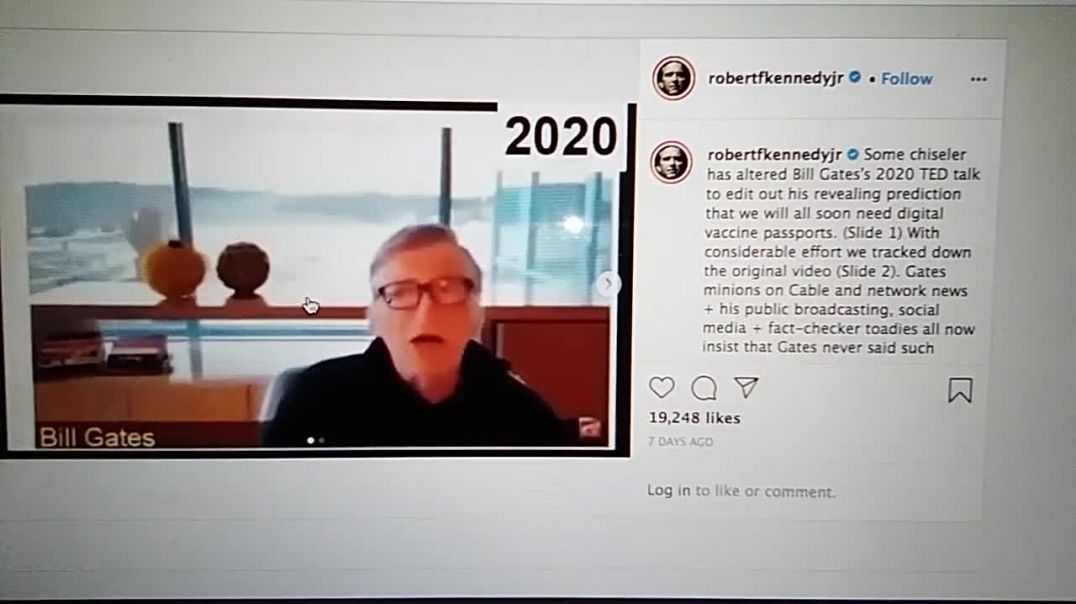

Eugenists globalists will be defeated by children of Jehovah, children of Israel Ezekiel 38, Revelation 18-22
Bill Gates wants digital passports vaccine immunity passports for all on earth
Digital immunity wanted by Bill Gates while he is not a doctor, not an epidemiologist, not a healer, not a Bible believer
WHILE WHO https://www.naturalnews.com/20....21-01-03-who-says-no
Catholic and other whistleblowers outline the globalist agenda
Https://jimforamerica.com
KIYOSAKI
Big Pharma Threatens Robert Kiyosaki with MURDER for Criticizing Vaccines
https://www.brighteon.com/b9be....d3b3-817b-4674-8ef3-
https://thedailycoin.org/2020/....04/07/the-101st-holi
https://medicalkidnap.com/2020..../12/22/worlds-second
Spiritual wickedness in high places is real, Government sanctioned harm is real
https://www.blacklistednews.co....m/article/78929/as-g
https://nypost.com/2020/07/08/....cuomo-sent-6300-covi
INGREDIENTS IN VACCINES NOT COMPATIBLE WITH HEBREWS ISRAELITES CHRISTIANS
Deuteronomy 14:3
Thou shalt not eat any abominable thing.
Leviticus 7:21
Moreover the soul that shall touch any unclean thing, as the uncleanness of man, or any unclean beast, or any abominable unclean thing, and eat of the flesh of the sacrifice of peace offerings, which pertain unto the LORD, even that soul shall be cut off from his people.
1 Corinthians 15:39
All flesh is not the same flesh: but there is one kind of flesh of men, another flesh of beasts, another of fishes, and another of birds.
Dog cell line
Monkey
Blue crab
Babies
People
Shark
Whale
Mercury (idols) poison
Formaldehyde
CODE name items no one knows
Gelatin from PIGs and other unclean animals
Pig
Swine
Camel
Human Being Neanderthals
ETC
Bible hypocrites need to repent, and speak up and fight back against evil
Titus 1:16
They profess that they know God; but in works they deny him, being abominable, and disobedient, and unto every good work reprobate.
MULTICULTURALISM , INCLUSIVE NONSENSE, COME OUT OF IT AND FIGHT IT WITHOUT STOPPING
ISRAELITES, HOLY PEOPLE, THE CHURCH POLLUTED WORLDWIDE ONCE AGAIN
I MACCABEES 1 V
41 Moreover king Antiochus wrote to his whole kingdom, that all should be one people,
42 And every one should leave his laws: so all the heathen agreed according to the commandment of the king.
43 Yea, many also of the Israelites consented to his religion, and sacrificed unto idols, and profaned the sabbath.
44 For the king had sent letters by messengers unto Jerusalem and the cities of Juda that they should follow the strange laws of the land,
45 And forbid burnt offerings, and sacrifice, and drink offerings, in the temple; and that they should profane the sabbaths and festival days:
46 And pollute the sanctuary and holy people:
47 Set up altars, and groves, and chapels of idols, and sacrifice swine's flesh, and unclean beasts:
48 That they should also leave their children uncircumcised, and make their souls abominable with all manner of uncleanness and profanation:
49 To the end they might forget the law, and change all the ordinances.
50 And whosoever would not do according to the commandment of the king, he said, he should die.
51 In the selfsame manner wrote he to his whole kingdom, and appointed overseers over all the people, commanding the cities of Juda to sacrifice, city by city.
52 Then many of the people were gathered unto them, to wit every one that forsook the law; and so they committed evils in the land;
53 And drove the Israelites into secret places, even wheresoever they could flee for succour.
54 Now the fifteenth day of the month Casleu, in the hundred forty and fifth year, they set up the abomination of desolation upon the altar, and builded idol altars throughout the cities of Juda on every side;
55 And burnt incense at the doors of their houses, and in the streets.
56 And when they had rent in pieces the books of the law which they found, they burnt them with fire.
57 And whosoever was found with any the book of the testament, or if any committed to the law, the king's commandment was, that they should put him to death.
58 Thus did they by their authority unto the Israelites every month, to as many as were found in the cities.
59 Now the five and twentieth day of the month they did sacrifice upon the idol altar, which was upon the altar of God.
Protocols of the L e a r ne d Elders o f Z i o n
https://youtu.be/7Mhb2h5TiHA
https://humansarefree.com/2020..../12/bill-gates-discu
https://www.naturalnews.com/20....21-03-07-new-yorkers
Covid 19 microchip
World Economic Forum Depopulation Globalists
Bill Gates Foundation
https://www.rainforest-alliance.org/regions/
Dr Ray Haygins
The Plan to destroy Jacob Children Psalm 83
Rex-84
https://hebrewconnect.tv/watch..../detailed-insidious-
https://www.dailymail.co.uk/news/article-14670255/bill-gates-daughter-reveals-medical-diagnosis.html?ns_mchannel=rss&ns_campaign=1490&ito=1490
GAVI
https://thedailybell.com/all-a....rticles/news-analysi
DPT deaths climb after vaccination in Guinea Bissau, Africa
https://pmc.ncbi.nlm.nih.gov/articles/PMC5868131/
https://thedailybell.com/all-a....rticles/news-analysi
https://slaynews.com/news/swis....s-data-shows-fitness
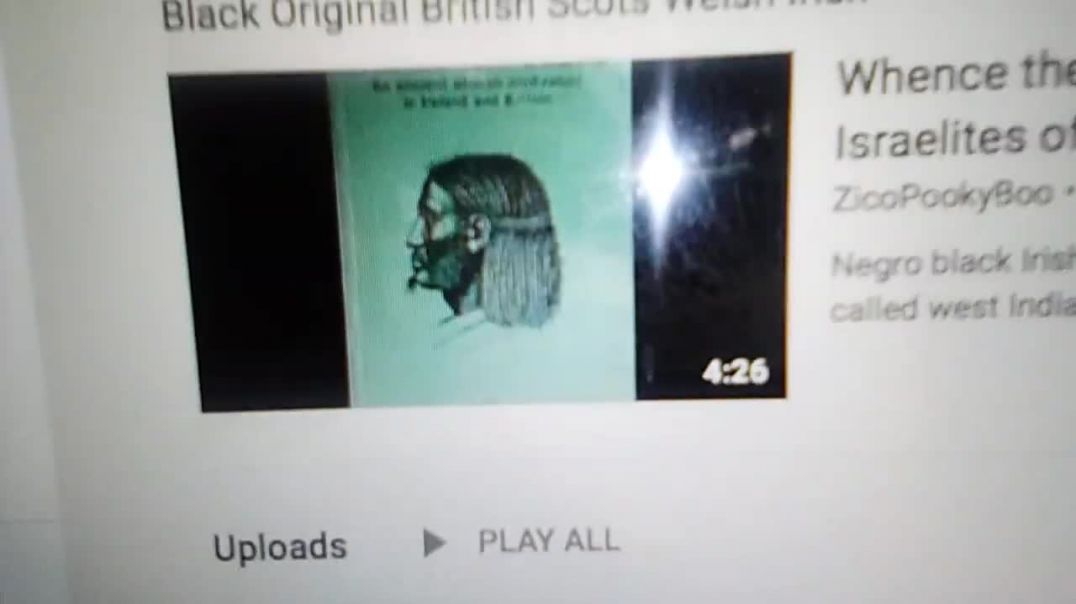

Do not call me a human being . I am a child of Jehovah . I am from the indigenous people of the Bible. The Hebrew Nation. The Tribe of Judah. The Commonwealth of the Nations of the Children of Israel in the EARTH, Created by Jehovah for HIS PEOPLE to dwell in. My people are descended from Abraham Isaac and Jacob and the people of the Bible. I do not have any relation to Neanderthals, apes, homo sapien, etc and other evolved, mingled seed animal species or beings. I existed from Adam to Israel and I descend from their seed and genealogy, created by Jehovah and I and my children and the children of Isreal reserve and enforce our Jehovah given rights and covenants contained in the Hebrew Bible, King James 1611 Edition with Apocrypha and the earth He created for our sakes to dwell in.
UNESCO UN Declaration on the Rights of Indigenous Peoples worldwide
https://unesdoc.unesco.org/ark....:/48223/pf0000142825
" Declaration of the Global Forum of Indigenous Peoples and the Information Society of December 2003, in particular paragraph 16 stating “we are entitled to education and capacity building methods that are rooted in our languages, cultures and traditional knowledge and that are fundamental in validating and affirming indigenous self-esteem and identity"
UNESCO declaration stressing need to consent to medical intervention
https://www.distributednews.com/480322.html
Twitter has marked as “potentially sensitive content” a screenshot of Article 6 of the 2005 UNESCO Declaration on Bioethics and Human Rights, which states that “medical intervention is only to be carried out with the prior, free and informed consent of the person concerned.”
WHO ARE HUMAN BEINGS? THAT TERM IS NOT FOUND IN MY BIBLE.
ALIEN DNA SERPENT SEED REPTILIANS APE MINGLED CLONES https://youtu.be/Msu0PMps0F8
Human beings and human rights come from monkeys etc and mixed flesh, seed in the 1500s A D and to accomodate humanists, evolutionists, idolaters, Satanists, atheists, homosexuals, transgenders, trans sexuals, and their "human rights"
hu•man hyoo͞′mən►
n.
A member of the primate genus Homo, especially a member of the species Homo sapiens, distinguished from other apes by a large brain and the capacity for speech.
n.
A person.
adj.
Of, relating to, or characteristic of humans.
The American Heritage® Dictionary of the English Language, 5th Edition
https://www.merriam-webster.com/dictionary/human
Human definition is - of, relating to, or characteristic of human
HUMAN NEANDERTHALS ARE A STRANGE SPECIES
Neanderthal - Wikipedia What they look like
https://en.wikipedia.org/wiki/Neanderthal
human | Origin and meaning of human by Online Etymology ...
https://www.etymonline.com/word/Human
human (adj.) mid-15c., humain, humaigne, "human," from Old French humain, umain (adj.) "of or belonging to man" (12c.), from Latin humanus "of man, human," also "humane, philanthropic, kind, gentle, polite; learned, refined, civilized." This is in part from PIE *(dh)ghomon-, literally "earthling, earthly being," as opposed to the gods (from root *dhghem-"earth"), but there is no settled ...
When was the word 'being' first used to refer to a human ...
https://english.stackexchange.....com/questions/52589/
There seem to be three lines of meaning in instances of the term "humane being" as used prior to (and after) 1650. One line involves using the phrase to refer to "human existence." This is the sense in which "humane being" appears in Bishop Marcos's 1618 chronicle of the life of St. Francis, Bolton's 1622 book on Nero, and Massinger's 1632 play.
Human being | Britannica
https://www.britannica.com/topic/human-being
Human being, a culture-bearing primate classified in the genus Homo, especially the species H. sapiens. Human beings are anatomically similar and related to the great apes but are distinguished by a more highly developed brain and a resultant capacity for articulate speech and abstract reasoning.
NOT OF THIS EARTH
NO WONDER CAUCASIANS INSIST ON "HUMAN RIGHTS" AND CALL THEMSELVES NEANDERTHAL PRIMATES RELATED TO MONKEYS THAT COME FROM SEA AND OTHER CREATURES. SEE Charles Darwin Theory of Evolution
NOW YOU KNOW WHY THE HIGHEST IQ IS AMONG NEANDERTHALS AND THAT IS A TEST USED TO MEASURE MENTAL RETARDATION
The Bible People cover 10000 years from start to end in terms of prophesy and so far the Poeople of the Bible are about 7500+ years in since Creation depending on who is calculating the years, Anno Mundi, Anno Domini , Before CHrist etc.
Satanist and Idolaters calculate time that they cannot prove so where is there information coming from?
Neanderthal | Characteristics, DNA, & Facts | Britannica
https://www.britannica.com/topic/Neanderthal
Neanderthal, (Homo neanderthalensis, Homo sapiens neanderthalensis), also spelled Neandertal, member of a group of archaic humans who emerged at least 200,000 years ago during the Pleistocene Epoch (about 2.6 million to 11,700 years ago) and were replaced or assimilated by early modern human populations (Homo sapiens) between 35,000 and perhaps 24,000 years ago.
Neanderthals -
HISTORY
https://www.history.com/topics..../pre-history/neander
Neanderthals had bigger brains than humans, though that doesn't mean they were smarter. One recent study found that a large portion of the Neanderthal brain was devoted to vision and motor control.
"SCIENCE" Harming the children of Israel for thousands of years , modern version include:
https://brandnewtube.com/watch..../covid19-test-kits-f
MRna
DNA
Genetics Ancestry Databases run by Ashkenazim
AI Run by many listed in the PSalm 83 Confederacy
Genomes
Human Genome Project
Covid 19 mixed unclean things and cells as they did in the days of Noah , Nephilim
Cyborgs
AI
Woes to those who develop inventions
ASIA Woes notice a lot of the Hindoos work in Tech in additon to the Ashkenazi , Jesuits , many in Psalm 83
Bioweapons
No Coronavirus has been successfully isolated and no effective vaccine was ever developed and they say coronaviruses have existed for thousands of years
https://brandnewtube.com/watch..../human-genome-projec
The Transgender transsexual, homo sexual , lesbian connection to "human rights" being imposed worldwide via the UN, etc
https://www.ghanaweb.com/Ghana....HomePage/NewsArchive
UN United Nations promoting pedophiles , promiscuity, atheism and degeneracy worldwide; parents vs sexual freedom for "kids" kids are baby goats . Children are from Jehovah.
https://c-fam.org/friday_fax/u....n-report-parents-blo
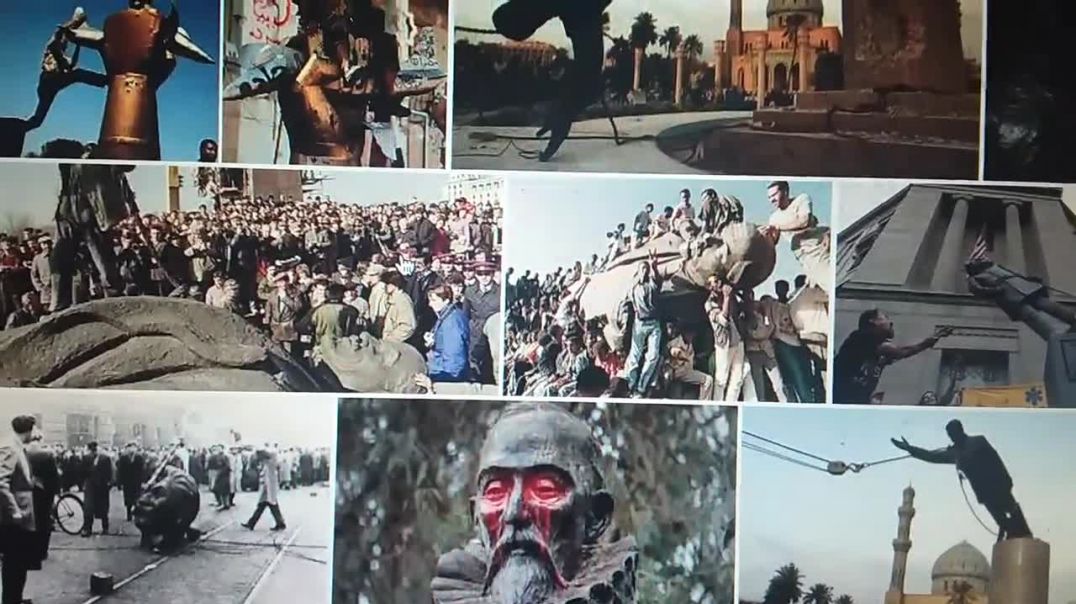

Idols Images Statues Toppling Worldwide and those who Afflicted the Israelites being Afflicted. Lamentations Woes have started
Fulfilling Bible prophesy of Wisdome of Solomon Chapter 14 v 8-31
But that which is made with hands is cursed, as well it, as he that made it: he, because he made it; and it, because, being corruptible, it was called god.
9For the ungodly and his ungodliness are both alike hateful unto God.
10For that which is made shall be punished together with him that made it.
11Therefore even upon the idols of the Gentiles shall there be a visitation: because in the creature of God they are become an abomination, and stumblingblocks to the souls of men, and a snare to the feet of the unwise.
12For the devising of idols was the beginning of spiritual fornication, and the invention of them the corruption of life.
13For neither were they from the beginning, neither shall they be for ever.
14For by the vain glory of men they entered into the world, and therefore shall they come shortly to an end.
15For a father afflicted with untimely mourning, when he hath made an image of his child soon taken away, now honoured him as a god, which was then a dead man, and delivered to those that were under him ceremonies and sacrifices.
16Thus in process of time an ungodly custom grown strong was kept as a law, and graven images were worshipped by the commandments of kings.
17Whom men could not honour in presence, because they dwelt far off, they took the counterfeit of his visage from far, and made an express image of a king whom they honoured, to the end that by this their forwardness they might flatter him that was absent, as if he were present.
18Also the singular diligence of the artificer did help to set forward the ignorant to more superstition.
19For he, peradventure willing to please one in authority, forced all his skill to make the resemblance of the best fashion.
20And so the multitude, allured by the grace of the work, took him now for a god, which a little before was but honoured.
21And this was an occasion to deceive the world: for men, serving either calamity or tyranny, did ascribe unto stones and stocks the incommunicable name.
22Moreover this was not enough for them, that they erred in the knowledge of God; but whereas they lived in the great war of ignorance, those so great plagues called they peace.
23For whilst they slew their children in sacrifices, or used secret ceremonies, or made revellings of strange rites;
24They kept neither lives nor marriages any longer undefiled: but either one slew another traiterously, or grieved him by adultery.
25So that there reigned in all men without exception blood, manslaughter, theft, and dissimulation, corruption, unfaithfulness, tumults, perjury,
26Disquieting of good men, forgetfulness of good turns, defiling of souls, changing of kind, disorder in marriages, adultery, and shameless uncleanness.
27For the worshipping of idols not to be named is the beginning, the cause, and the end, of all evil.
28For either they are mad when they be merry, or prophesy lies, or live unjustly, or else lightly forswear themselves.
29For insomuch as their trust is in idols, which have no life; though they swear falsely, yet they look not to be hurt.
30Howbeit for both causes shall they be justly punished: both because they thought not well of God, giving heed unto idols, and also unjustly swore in deceit, despising holiness.
31For it is not the power of them by whom they swear: but it is the just vengeance of sinners, that punisheth always the offence of the ungodly.
https://www.washingtonpost.com..../dc-md-va/interactiv
BLACK Abraham Lincoln vs BLACK Robert E Lee vs BLACK Rothschild & The WICKED Will Be Found GUILTY
https://www.youtube.com/watch?v=R2DvkjZs7S8
Neophyte Dag
https://www.whitehouse.gov/pre....sidential-actions/20
The Pharoahs of Egypt, idols failed them
https://en.m.wikipedia.org/wiki/List_of_pharaohs

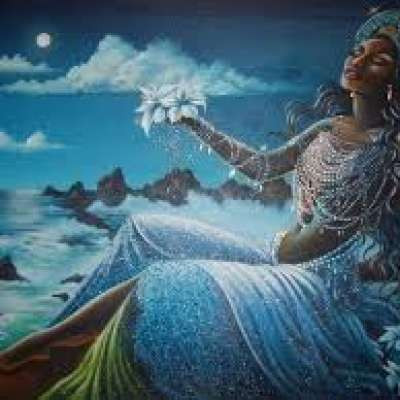
The Minister of Wellness reports on the potential dangers of eating 3D print lab-grown meat.
Forward Us News Stories
news@africandiasporanews.org
Join Our Website For News Not Shown On YouTube
https://africandiasporanews.org
Support Us By Becoming A YouTube Channel Member
https://www.youtube.com/channe....l/UCY6VB6PidbvVZFwyV
Support Us On Patreon For A Minimum Of $2 Per Month.
https://patreon.com/AfricanDiasporaNews
Purchase Tubebuddy To Help Grow Your Channel
https://www.tubebuddy.com/AfricanDiasporaNews
Send Money Orders To
2323 Clear Lake City Blvd.
Suite 180 Box 133
Houston,Tx 77062
Paypal https://paypal.me/AdviseMediaNetwork
Cash App https://cash.app/$AfricanDiasporaNews
Order My Book Passive Aggressive Racism In The System of White Supremacy
https://www.amazon.com/dp/1732887314
Listen To The Phillip Scott Audio Experience Podcast
https://anchor.fm/advise-media-network
Subscribe To All Of Our YouTube Channels
https://www.youtube.com/AfricanDiasporaNewsChannel (African Diaspora News Channel)
https://www.youtube.com/c/Afri....canDiasporaNewsInsid (African Diaspora News Insider)
https://www.youtube.com/thephillipscottshow (The Phillip Scott Show)
https://youtube.com/intercontinentalfoodreview (Intercontinental Food Review)
Follow us on Instagram https://www.instagram.com/africandiasporanews
Follow us on Twitter https://twitter.com/AfrDiasporaNews
Follow us on Facebook https://www.facebook.com/AfricanDiasporaNews
Purchase merchandise from our store
https://teespring.com/stores/a....frican-diaspora-news
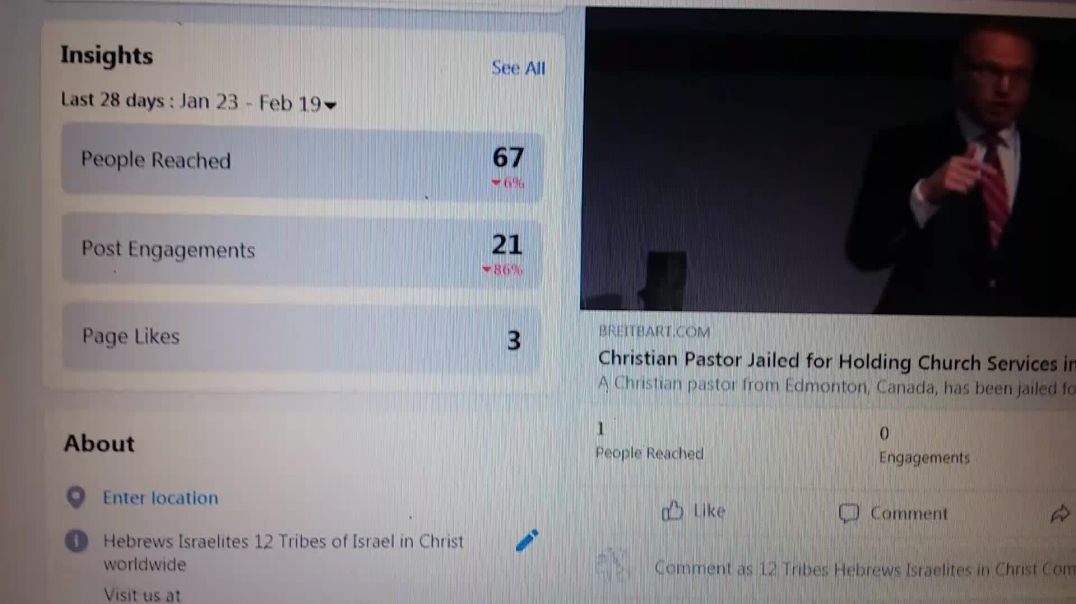

My Youtube Zicopookyboo channel was permantently deleted. I post Bible prophesy, history, natural cures, for coronavirus and all diseases, how to fast pray, treat any illness at home, how to do a lot of things before they come to the earth and cause destruction.
The Saints fell asleep while Jesus told them to watch and pray
CORONAVIRUS PANDEMIC LED TO WORLDWIDE UNEMPLOYMENT AS PROPHESIED BY CHRIST AND DARK WINTER PROPHESIED BY CHRIST FULFILLING
John 9 v 1-9
V 4 I must work the works of him that sent me, while it is day: the night commeth, when no man can work
Dark Winter by Joe Biden
Battle for the souls of the nation
https://www.breitbart.com/2020....-election/2020/12/29
https://creativedestructionmed....ia.com/news/national
Vaccine Tyranny while censoring natural cures from places like Madagascar and Third World Countries with low or 0 coro na vir us deaths
https://truepundit.com/israeli....-man-dies-after-rece
https://www.infowars.com/posts..../watch-live-one-step
Dead Aborted babies
Deliberate coronavirus deaths natural cures censored but see poor countries some.have 0 coro na virus deaths
Universal Basic Income
Socialism
Marxism
Communism
For the greater good
Great Reset
https://www.climatedepot.com/2....020/12/27/german-eco
Microsofts' Bill Gates wants to block out the sun
https://wattsupwiththat.com/20....20/12/29/gate-funded
Holy lands spitting out the unholy
Israel's skin cancer rate second highest in the world ...
https://www.haaretz.com/1.4718949
The skin cancer rate in Israel is among the highest in the world, the Israel Cancer Association reported yesterday. At the end of 2000 there were 3,631 skin cancer patients in Israel and around 200 die every year from the disease. The Skin Cancer Association held a news conference marking skin cancer awareness week beginning next Sunday.
Revelation 16
Scorched Earth, but they repented not of their sins
https://summit.news/2020/12/30..../un-official-warns-p
Election Fraud Censorship of Conservative while promoting Liberal Propaganda
https://bibleprophecy.wordpres....s.com/tag/justus-ins
https://wpcdn.zenger.news/wp-c....ontent/uploads/2020/
https://www.infowars.com/posts..../qr-code-inventor-ha
AI Artificial Intelligence Assassins
https://www.westernjournal.com..../report-israeli-geni
John 10:10
The thief cometh not, but for to steal, and to kill, and to destroy: I am come that they might have life, and that they might have it more abundantly.
2020 Woes international shut down, Global tyranny, assault on Jehovah given rights, Plandemic
https://www.rutherford.org/pub....lications_resources/
The jobs will never return
https://youtu.be/H_9FFk2DqYA
https://harbingersdaily.com/ho....hmann-dem-doc-demand
People last, replaced by:
Automated Systems
Interactive Voice Response System
Robotics
Chipped, animals and people, cyborgs, Mobileworld Conference demnonstration, graphene, nanobots, nanochip, nanoparticles, nanotechnology, nano..... banking, digital currency , smart cities, robots, meters,
https://rumble.com/v6puqj2-tru....news-live-22725.html
Workers do not want to go back to work for the system
https://www.zerohedge.com/mark....ets/mcdonalds-hikes-
https://www.breitbart.com/poli....tics/2021/05/12/bide
Gas Shortage , workers cannot get to and from work, trucker shortage, sabatoge, attacks, etc
https://survival.news/2021-05-....12-cyber-attack-forc
Infrastructure fails, sabotage, damage, etc
https://news.yahoo.com/shippin....g-delays-feared-acro
https://www.naturalnews.com/20....21-05-24-former-fbi-
https://www.technocracy.news/a....i-mrna-and-stargate-
Artificial intelligence
https://www.brighteon.com/42ca....2f2c-be08-45fe-91c5- AI health dangers Dr Sherry Tenpenny
https://nypost.com/2020/11/14/....biden-cancer-initiat
https://cdm.press/news/politic....s/2023/01/03/virgin-
https://reclaimthenet.org/jpmo....rgan-chase-ends-poli
https://nypost.com/2025/08/16/....us-news/nj-senior-di
https://reclaimthenet.org/yout....ube-offers-limited-r
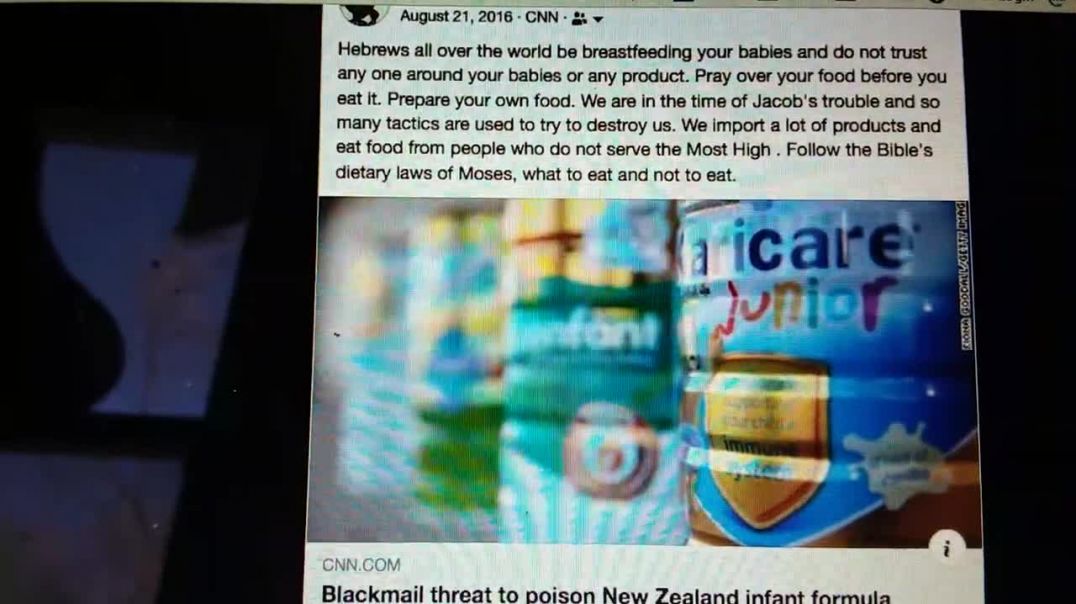

2016 Breastfeeding prophesy and not to trust anyone around babies fulfilled,
Pizzagate
Pedophile Islands
Poisoned Baby Formula
Trafficking in Persons
Planned Parenthood in the Black Community
Blacks aborting themselves out of being the majority by following the customs of the heathens, Yah warned them about not adopting
MRNas,experimental, gene,therapy
2025Anno 30+ babies sick, multiple US states toxic formula Buy Heart brand
https://youtu.be/ksHP_XlP17Y?si=BLjL-wKY7MIPQpNv
Essence
essence.com› news › oprah-school-hit-by-another-sex-scandal
Oprah School Hit by Another Sex Scandal - Essence | Essence
January 21, 2025 - Oprah Winfrey’s prestigious South African boarding school is under scrutiny again. According to the New York Daily News, the school has been hit with its second sex scandal in less than two years. The newspapers reports that seven students were
https://www.newsweek.com/oprah....-winfrey-scandal-tim
https://choiceclips.whatfinger.....com/2025/02/27/they
https://slaynews.com/news/fda-....admits-covid-vaccina
Chest feeding Leftist scam
https://www.news.com.au/lifest....yle/health/anu-urges
The Government, coverup, vaccines autism injury to black boys and Black Americans experimental treatments on Blacks
https://www.brighteon.com/9845....dce7-d19e-4053-b49f-
https://www.jpost.com/jpost-te....ch/got-biomilk-lab-p
https://lifesitenews.com/news/36-nations-recommit-to-pro-life-declaration-stating-no-international-right-to-abortion/?utm_source=most_recent&utm_campaign=catholic
https://www.lifenews.com/2025/....02/26/planned-parent
https://www.visualcapitalist.c....om/ranked-countries-
Antidepressants Lexapro and Paxil harm during pregnancy
lawsuits
https://www.naturalnews.com/20....25-03-16-antidepress
Brighteon Broadcast News, Mar 19, 2025 – Left-wing terrorists target TESLA, while RFK Jr. goes after INFANT FORMULA
Dr Ray Haygins
The Plan to destroy Jacob Children Psalm 83
Rex-84
https://hebrewconnect.tv/watch..../detailed-insidious-
https://choiceclips.whatfinger.....com/2025/05/08/holl
https://rumble.com/v6t3pf7-the....-biden-regime-lost-o
Microplastics, in babies, baby food, breast milk, nanoplastics
https://www.dailymail.co.uk/sc....iencetech/article-14
https://rumble.com/v6vd95x-del....eted-1989-oprah-clip
cravk,babies,in.Black.America.
https://rumble.com/v6vfgop-lar....a-logan-gary-webb-ex
new age wicca infiltration of churches by demons, "john of god" trafficking, money laundering, spy agencies
Redacted
https://youtu.be/ej6OBeeuN8M?si=tCcT8I8NmkkyyJWG


We the people of Jehovah who believe the laws of the Bible vs the Luciferase Satanists
2nd Amendent right to bear arms in USA is under attack by the Liberals and the US Constitution
Luke 22:36
Then said he unto them, But now, he that hath a purse, let him take it, and likewise his scrip: and he that hath no sword, let him sell his garment, and buy one.
Revelation 13:10
He that leadeth into captivity shall go into captivity: he that killeth with the sword must be killed with the sword. Here is the patience and the faith of the saints.
16 US ATTORNEY GENERALS FIGHT BACK AGAINST NY AG
https://nationalfile.com/attor....neys-general-from-16
https://www.nbcnews.com/politi....cs/congress/australi
Draconian police state lockdowb measures in Australia and worldwide
https://indianexpress.com/arti....cle/world/australia-
Communist Socialists Liberals plan Property Business siezure planned , loss of Jobs , movement in.California and worldwide
https://youtu.be/mGs7mWWpHaU
Crash countries with whatever means necessary and then claim or buy it
Amazon wants to buy Cyprus
https://youtu.be/lwYOJLGw-Mw
ASHKE NAZI PROTOCOL TO DESTABLIZE COUNTRIES AND SET UP DESPOTS
PROTOCOL No. 8 1. We must arm ourselves with all the weapons which our opponents might employ against us. We must search out in the very finest shades of expression and the knotty points of the lexicon of law justification for those cases where we shall have to pronounce judgments that might appear abnormally audacious and unjust, for it is important that these resolutions should be set forth in expressions that shall seem to be the most exalted moral principles cast into legal form. Our directorate must surround itself with all these forces of civilization among which it will have to work. It will surround itself with publicists, practical jurists, administrators, diplomats and, finally, with persons prepared by a special super-educational training IN OUR SPECIAL SCHOOLS. These persons will have consonance of all the secrets of the social structure, they will know all the languages that can be made up by political alphabets and words; they will be made acquainted with the whole under side of human nature, with all its sensitive chords on which they will have to play. These chords are the cast of mind of the GOYIM, their tendencies, short-comings, vices and qualities, the particularities of classes and conditions. Needless to say that the talented assistants of authority, of whom I speak, will be taken not from among the GOYIM, who are accustomed to perform their administrative work without giving themselves the trouble to think what its aim is, and never consider what it is needed for.The administrators of the GOYIM sign papers without reading them, and they serve either for mercenary reasons or from ambition. 2. We shall surround our government with a whole world of economists. That is the reason why economic sciences form the principal subject of the teaching given to the Jews. Around us again will be a whole constellation of bankers, industrialists, capitalists and - THE MAIN THING -MILLIONAIRES, BECAUSE IN SUBSTANCE EVERYTHING WILL BE SETTLED BY THE QUESTION
OF FIGURES. 3. For a time, until there will no longer be any risk in entrusting responsible posts in our State to our brother-Jews, we shall put them in the hands of persons whose past and reputation are such that between them and the people lies an abyss, persons who, in case of disobedience to our instructions,must face criminal charges or disappear - this in order to make them defend our interests to their last gasp.
PROTOCOL No. 9 1. In applying our principles let attention be paid to the character of the people in whose country youlive and act; a general, identical application of them, until such time as the people shall have been re-educated to our pattern, cannot have success. But by approaching their application cautiously you willsee that not a decade will pass before the most stubborn character will change and we shall add a newpeople to the ranks of those already subdued by us. 2. The words of the liberal, which are in effect the words of our masonic watchword, namely,"Liberty, Equality, Fraternity," will, when we come into our kingdom, be changed by us into words nolonger of a watchword, but only an expression of idealism, namely, into "The right of liberty, the dutyof equality, the ideal of brotherhood." That is how we shall put it, - and so we shall catch the bull by thehorns ... DE FACTO we have already wiped out every kind of rule except our own, although DE JUREthere still remain a good many of them.
Lesbian AG wants due process retaliation as in the days of Sodom
https://www.wnd.com/2020/12/le....sbian-attorney-gener
AShkenazim, etc, ARM THEIR CITIZENS GAZA WAR . OCT. 7. 2023. AD
https://www.infowars.com/posts..../idf-arms-israeli-ci


Esau GrecoRomans live by the sword. Planet Solar System Flag worship idolatry they need to repent and recompense
Ancient Phoenicians worshipped planets
PLA'NET.
n.s. [planeta, Lat. ϖλαναω; planette, Fr.] Planets are the erratick or wandering stars, and which are not like the fixt ones always in the same position to one another: we now number the earth among the primary planets, because we know it moves round the sun, as Saturn, Jupiter, Mars, Venus and Mercury do, and that in a path or circle between Mars and Venus: and the moon is accounted among the secondary planets or satellites of the primary, since she moves round the earth: all the planets have, besides their motion round the sun, which makes their year, also a motion round their own axes, which makes their day; as the earth’s revolving so makes our day and night: it is more than probable, that the diameters of all the planets are longer than their axes: we know ’tis so in our earth; and Flamsteed and Cassini found it to be so in Jupiter: Sir Isaac Newton asserts our earth’s equatorial diameter to exceed the other about thirty-four miles; and indeed else the motion of the earth would make the sea rise so high at the equator, as to drown all the parts thereabouts. Harris. Barbarous villains! hath this lovely face
Rul’d like a wand’ring planet over me,
And could it not inforce them to relent.
Shakespeare. And planets, planet-struck, real eclipse
Then suffer’d.
Milton’s Paradise Lost. There are seven planets or errant stars in the lower orbs of heaven.
Brown’s Vulgar Errours. The Chaldeans were much devoted to astrological devices, and had an opinion that every hour of the day was governed by a particular planet, reckoning them according to their usual order, Saturn, Jupiter, Mars, Venus, Mercury, Lunæ.
Wilkins.
Obadiah prophesy Edom sets his nest among the stars
The destruction of Edom for their pride , and for their wrong unto Iacob . The salvation and victory of Iacob.
CNBC why SpaceX, Virgin Galactic, & Blue Origin are betting on Space Tourism
https://youtu.be/R_LqgcndmAo
Jeremiah Chapter 10 Heathens are dismayed at the signs of heaven and love idols
1 Hear ye the word which the LORD speaketh unto you, O house of Israel:
2 Thus saith the LORD, Learn not the way of the heathen, and be not dismayed at the signs of heaven; for the heathen are dismayed at them.
3 For the customs of the people are vain: for one cutteth a tree out of the forest, the work of the hands of the workman, with the axe.
4 They deck it with silver and with gold; they fasten it with nails and with hammers, that it move not.
5 They are upright as the palm tree, but speak not: they must needs be borne, because they cannot go. Be not afraid of them; for they cannot do evil, neither also is it in them to do good.
Pentagon to launch mini space station lab as US military takes to the stars 7-17-2020
https://www.dailystar.co.uk/ne....ws/world-news/pentag
Psalm 83 , modern day Arabs trying to flee to space too instead of repenting from idolatry
UAE’s Amal spacecraft rockets toward Mars in Arab world 1st
By MARI YAMAGUCHI and VICTORIA MILKO
https://apnews.com/2ac2805903b....50493f42081568755b2c
4 mysterious objects spotted in deep space are unlike anything ever seen
By Mara Johnson-Groh - Live Science Contributor 5 days ago
https://youtu.be/shHvsBl6Ags
https://amp.theguardian.com/sc....ience/2020/feb/15/as
https://www.livescience.com/ci....rcular-radio-objects
Four new circular radio objects observed in space
Artemis an idol
https://www.strategic-culture.....org/news/2020/05/25/
Virgin Rocket Launch Fails https://www.msn.com/en-us/news..../technology/branson-
Psalm 2 hilarious
https://www.thedailybeast.com/....mark-zuckerberg-shad
Mark Zuckerberg Shades SpaceX’s Elon Musk For Blowing Up His $85m Amos-6 Satellite
Fret Not Thyself Psalm 37 Third World
Don't trust in chariots and horses trust in JAH
https://youtu.be/4Arfcl4dogs
Real Situation. Nation Fight against Nation Bob Marley https://youtu.be/g9uX_ZdzNY8
So much trouble in the world Bob Marley Space ship
https://youtu.be/gAFbYTvXXyY
Saints get ready there's a train coming Curtis Mayfield
https://youtu.be/NdKEbnS1eBE
USA Largest flying flag split in two in 2020
https://www.westernjournal.com..../largest-flying-us-f
China trying to land Rover on Mars
http://www.jamaicaobserver.com..../international/China
Nowhere to run nowhere to hide , Obadiah prophesy against Edom for wickedness
https://www.****ute.com/video/KMBcAvYH1f3L/


Jamaica is Judah, Benjamin Levi and the 12 Tribes of Israel that are in the Americas; the West Indies is Judah Genesis 49 v 10 . The scepter shall not depart from Judah, nor a lawgiver from between his feet, until Shiloh come; and unto him shall the gathering of the people be. Yah and Christ is the Head of Jamaica. Eternal Father bless our land is our anthem. Marcus Garvey gathered up the Americas Negroes who wanted to go back to Africa and it was done.
Why bloodline Israelites and Jews name their lands and parishes after the saints? Because Negroes descend from the saints and the church is built by the Jews who believed and became the early Christians , believers or saints.
COMMONWEALTH OF ISRAEL CARICOM COMPANY OF NATIONS AFRICA CARIBBEAN PACIFIC AMERICAS WORLDWIDE
Genesis 35v
11 And God saide vnto him, I am God Almightie: be fruitfull and multiply: a nation and a company of nations shall be of thee, and Kings shall come out of thy loynes.
JAH is SHORT FOR JEHOVAH, Jamaicans are called JAH JAH CHILDREN OR IAH PICKNEYS
JEHOVAH Means I AM THE ETERNAL LIVING ONE
MICAH IS A PROPHET OF JEHOVAH, MEANING WHO IS LIKE JEHOVAH
JAH MICAH
JESUS CHRIST OF NAZARETH IS JEHOVAH IN THE FLESH, EMMANUAL MEANS GOD WITH US
LAND OF WOOD AND WATER:
Deuteronomy 7:13
And hee will loue thee, and blesse thee, and multiply thee: Hee will also blesse the fruit of thy wombe, and the fruit of thy land, thy corne, and thy wine, and thine oile, the encrease of thy kine, and the flockes of thy sheepe, in the land which hee sware vnto thy fathers to giue thee.
Psalm 1, Psalms 107:35
He turneth the wildernesse into a standing water: and dry ground into water-springs.
SAINTS, PURITANS, PILGRIMS, APOSTLES OF CHRIST's CHILDREN
ST . MARY PARISH ETC, ANNATO BAY JAMAICA, MARYLAND
Parishioners are church goers. Many Parishes were in the Americas before the Edomites came.
Parishes and St Names were in the early US colonies when the Negroes ruled the Americas few places like New Orleans retain parishes and St names. Fleeing religious persecution constantly
Civilized Tribes North American Free West Indians some parishes such as Nottaway Parish
http://freeafricanamericans.com/free_Indians.htm
Jamaicans, get free houses, for the indigent, the poor will always be with us , you can see them and their need take care of them, Christ said to Peter FEED MY SHEEP,
https://youtu.be/enA-vjdWCew?feature=shared
CARIBBEAN ST. SAINT NAMES, WEST INDIAN SAINT NAMES WHY?
https://nypost.com/2015/06/01/....saints-be-praised-wh
Jamaican footballer https://en.wikipedia.org/wiki/Dwayne_Miller Dwayne St Aubyn Miller
Jamaican Politician Hon. Robert St. Aubyn Montague
Representative for Parish St. Mary Western
Christendom is the church. Jamaica has most churches per square mile in the earth. The church is the body of Christ. Peter was the JEW that Christ chose to build his church. Our lands and parishes are named after all those saints. We are their descendants in the earth today defenders of the faith of Jesus Christ of Nazareth. A PARISH is from PARISHIONER , a church goer.
St Peter, St David , St. Mary, St. Thomas, St. Ann, St . Patrick, St Elizabeth, St. Andrew , St Johns, St James, St. Lucia, St. Aloysius, St Peter, St Paul, etc all over the Americas we continue the work our forefathers and foremothers started
"Denton Aloyisius" Majah Hype Black Americans with West Indian Names
https://youtu.be/-jTlCTVCtYc
From BC to AD Israelites, Jews were early Christians in Americas
https://youtu.be/meF4zrmw59E
What West Indians Negroe Indians Amerindians American Indians Red Indians from antiquity look like https://youtu.be/T8nKoYbeiC4
Jamaica has a judge Patrick Robinson at the International Court of Justice. CARICOM has voting rights at the United Nations. The Caribbean Court of Justice handles criminal and civil and appeals for member states. Barbados has 100 percent literacy rate. After US Canada Trinidad purchasing power parity is 3rd in the Americas. Jamaican music has led to independence of many oppressed nations worldwide. Many North American Negroes are descended from or related to West Indian Negroes. "We run things, things nuh run we" is a popular Jamaican saying. Also we are small but we are a great people.
Martin Luther King "in Jamaica I feel like a human being"
http://www.jamaicaobserver.com..../news/in-jamaica-i-f
Jamaican flag number one in the world World Cup of Flags Twitter Competition
https://jamaicans.com/jamaican....-flag-wins-it-all-in
JAMAICA IS THE CAPITAL OF CHRISTENDOM, JESUS CHRIST'S KINGDOM ON EARTH
Jamaica has the most churches per square mile on earth, The Bible practising Puritans Pilgrims Saints fled to Jamaica and the West Indies to start their own nations under Christ to worship YAH in PEACE
https://en.wikipedia.org/wiki/Christendom
ETERNAL FATHER, JEHOVAH is who Jamaica's National anthem is dedicated to
BEFORE GOD, is who Jamaica's pledge is dedicated to, not a FLAG OR STANDARD like the Romans
Portuguese Jew descendants
https://www.thestar.com/life/t....ravel/2021/02/27/why
https://jamaicans.com/did-you-....know-there-are-3-cit
Like Share Subscribe Follow us at www.facebook.com/12tribeshebrews
Israel the Dispersed the Day of Redemption is Near Gloria Bailey
https://www.youtube.com/watch?v=hWWKRgFJ_bg
https://www.breitbart.com/euro....pe/2025/02/08/uk-ope
Marcus Garvey Ashkenazi judge, jury, lawyer, trial
https://youtu.be/rEnxLLZED_w?si=RtPt3AbrgrBjxrmD
Jamaicans building a city in Ethiopia, Shashamane City. donated by Emperor Haile Selassie to the Children of Jacob/Israel Negroes in the diaspora facing oppression in the West
Caribbean highest literacy rates on earth
https://jamaica-gleaner.com/ar....ticle/lead-stories/2

